
Supply of Denver homes tight as sellers sit on fence
This year is shaping up to be another seller’s market, but many homeowners are hesitant to put their homes on the market.

By Ben Markus

Soaring rents squeeze more Denver families
With rents up and earnings flat, one in four metro Denver families are spending half their income, or more, on housing.

By Ben Markus
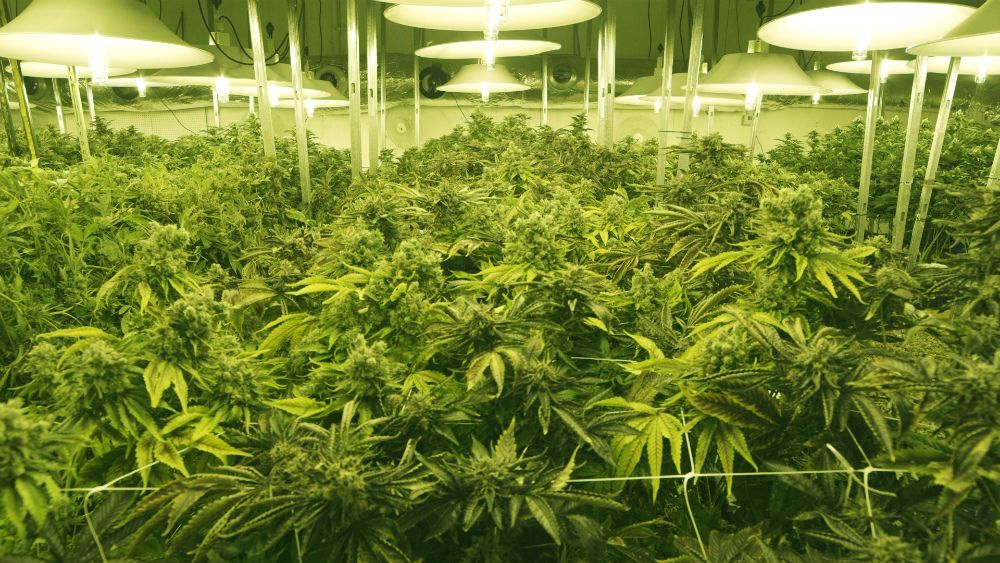
Recreational pot taxes bring in $2 million in January
Consumers bought $14-million worth of marijuana in January. The state collected $2 million in tax revenue – and future collections are expected to rise.

By Ben Markus
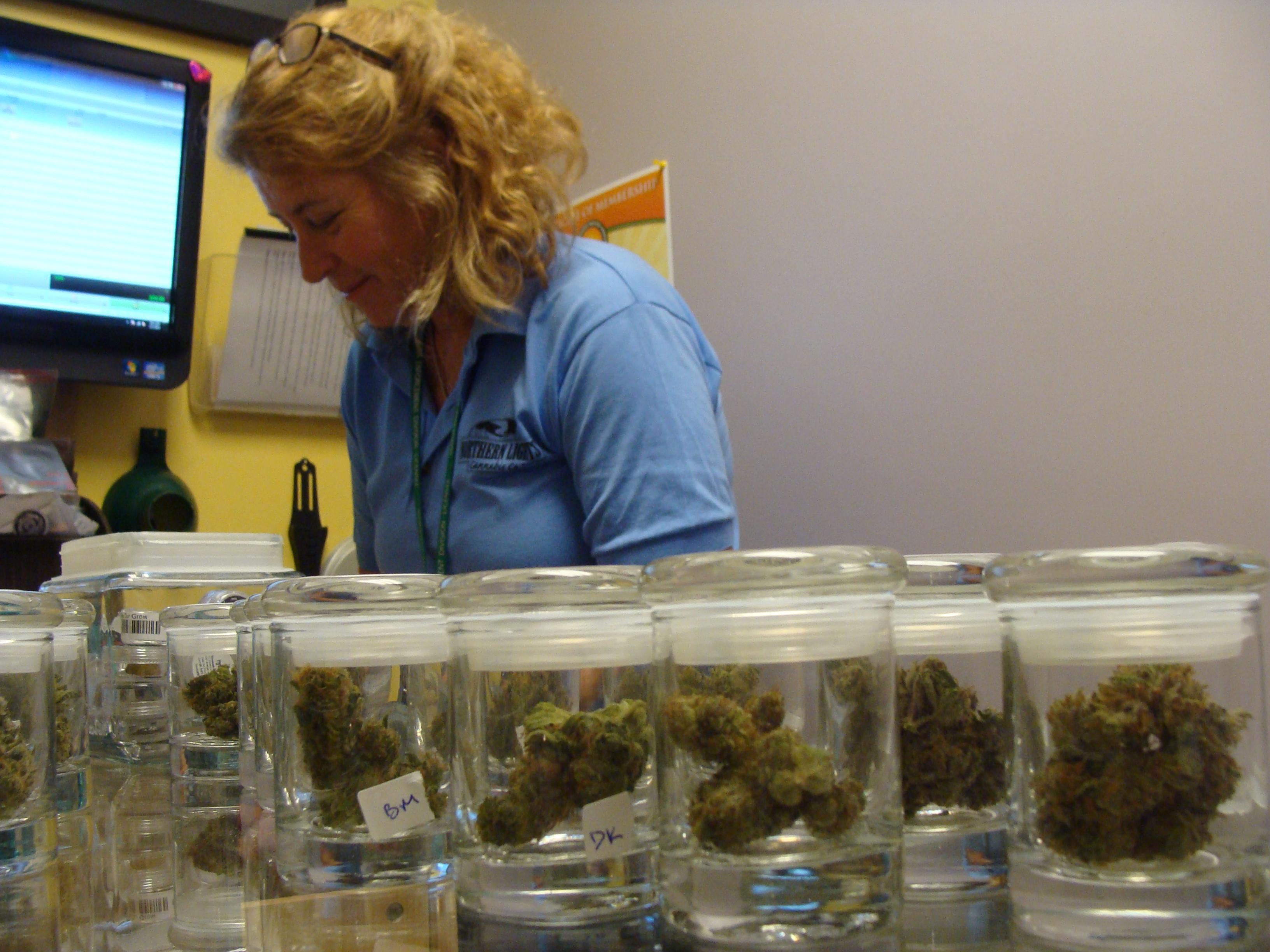
Recreational marijuana stores slow to open, driving up prices
Six weeks after recreational marijuana sales started in Colorado, most would-be retailers still haven’t opened their doors. As a result, the price of recreational pot has skyrocketed.

By Ben Markus

Medical marijuana shops post huge gains during final quarter of 2013
Colorado’s medical marijuana shops posted huge gains in the last quarter as purchases of medical pot were up 47 percent.

By Ben Markus

Broncos fans dispirited as Seattle dominates Denver
Disappointed fans shocked and embarrassed as a record-breaking season ends with a blowout loss in Super Bowl XLVIII.

By Ben Markus

Lack of banking a drag for marijuana companies in Colo.
Recreational marijuana sales kicked off to long lines a month ago but shop owners are still confronted with an old and dangerous problem: they are shut out of the banking system.

By Ben Markus
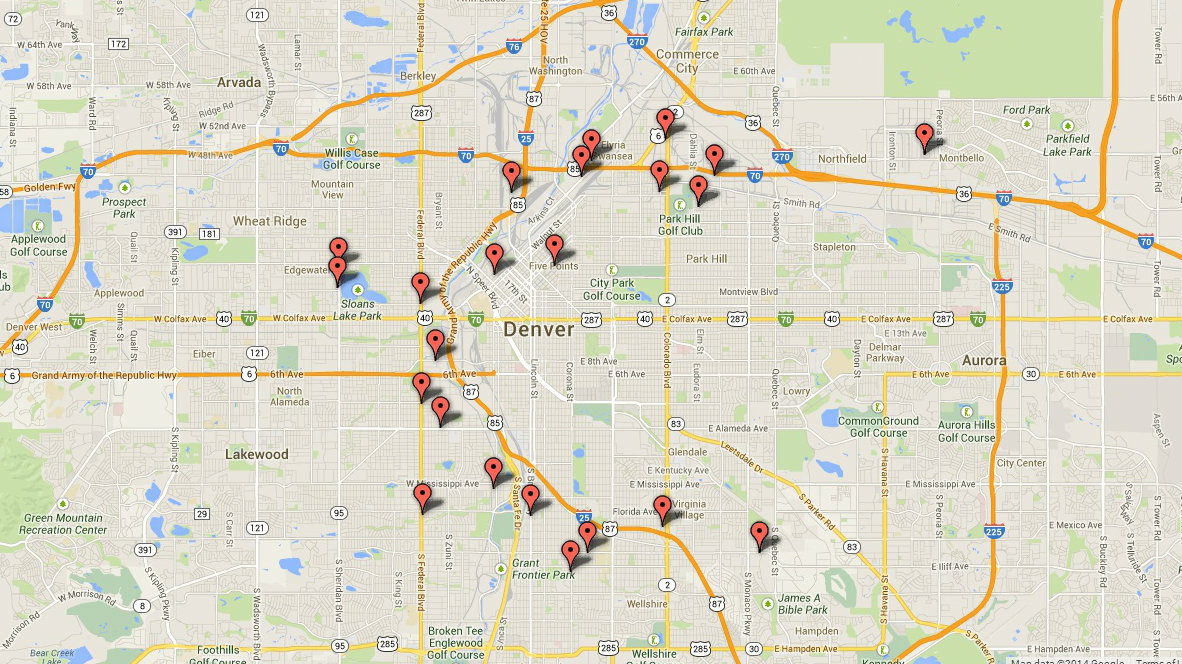
Map: Number of marijuana shops slowly increasing in Colorado
About a dozen more recreational marijuana shops have opened in Colorado since sales began on New Year’s Day and the state is now home to 45 pot stores, according to data from Colorado NORML.

By Ben Markus
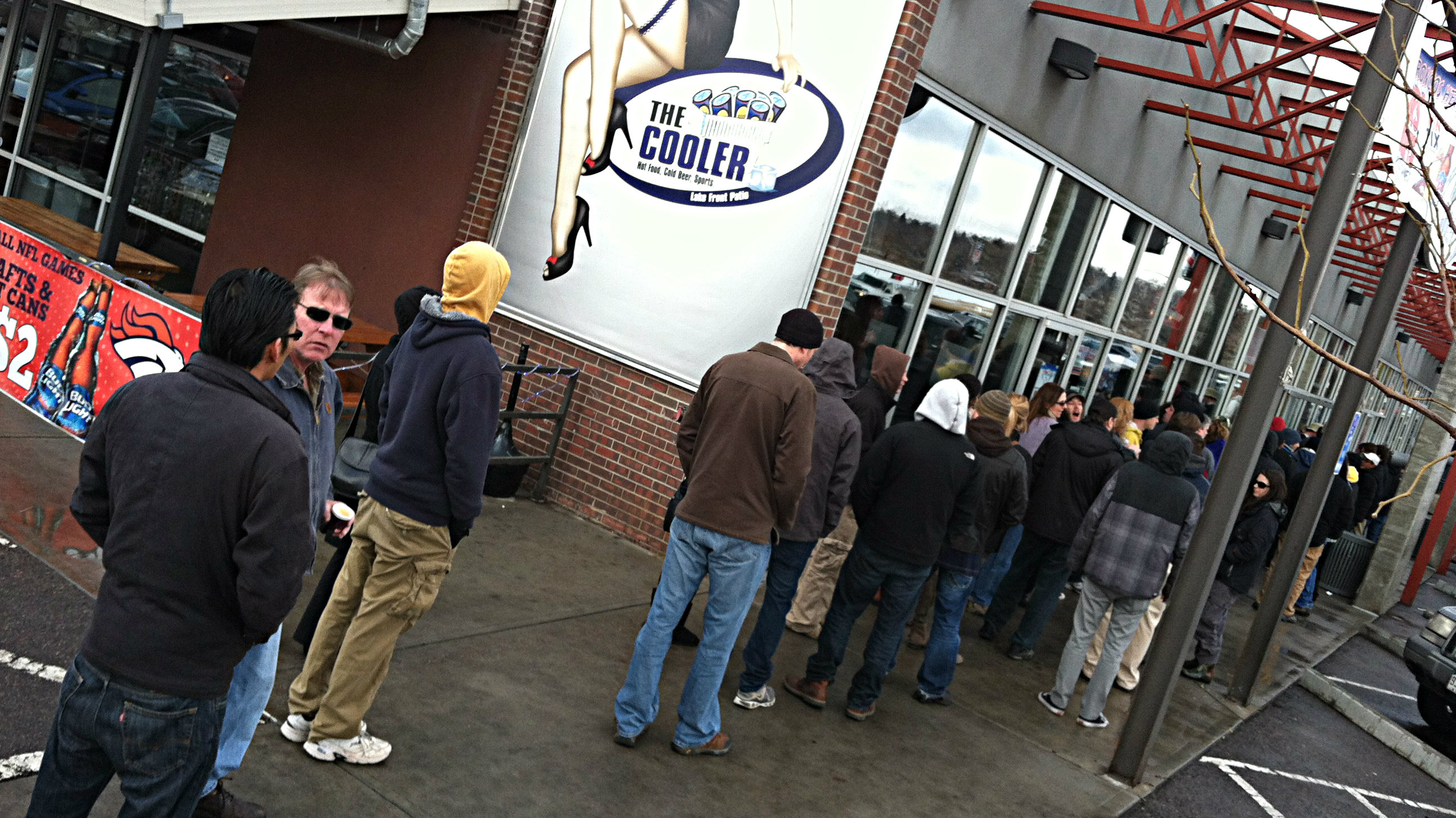
Long lines mark Colorado’s first recreational marijuana sales
After more than a year of debating laws and regulations, the country’s first marijuana stores opened on New Year’s Day but demand was heavier than anticipated.

By Ben Markus
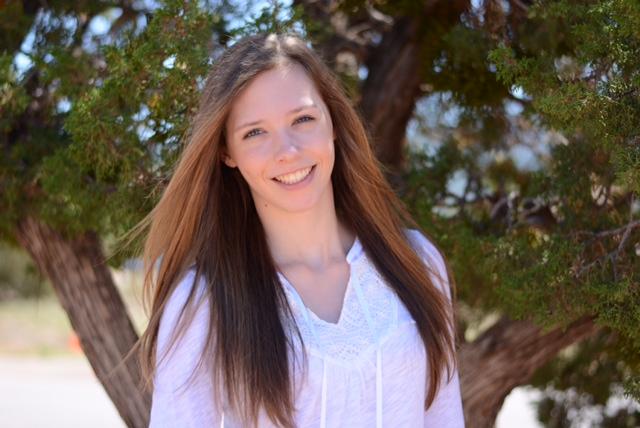
Sheriff says Pierson entered Arapahoe High School with deadly intent
Motive for the attack is still under investigation but Sheriff Robinson pointed to a disagreement the shooter had with a speech and debate coach who has yet to be named by officials.

By Ben Markus
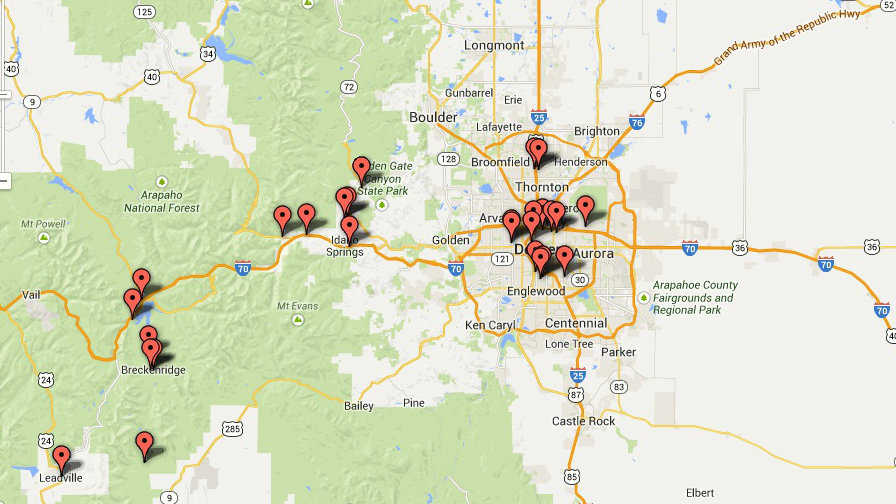
Map: Retail marijuana shop locations for Jan. 1
Interactive map displays all retail locations expected to open on New Year’s Day for the retail sale of marijuana products to persons over the age of 21 across Colorado.

By Ben Markus

Buzzkill: Few places for tourists to smoke pot in Colo.
Smoking marijuana on private property is enshrined in the Colorado constitution but that same amendment bans public consumption.

By Ben Markus
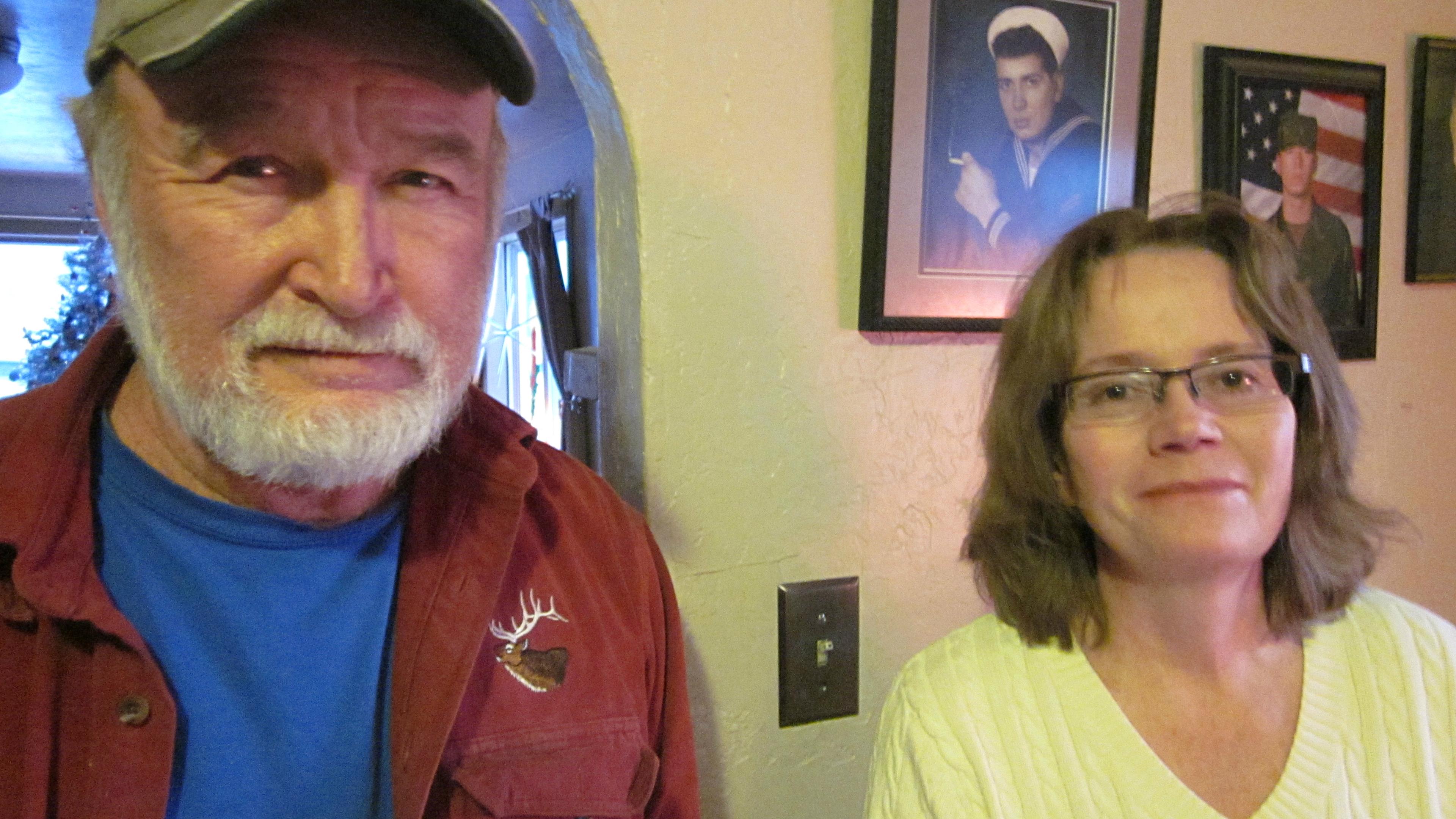
How a mine closure could transform the North Fork Valley
Oxbow Mining, one of the largest employers in the valley, has closed down operations at the Elk Creek Mine in Somerset leaving fears about whether anything can take its place.

By Ben Markus

Denver stores likely to dominate recreational pot market
Denver is currently home to more than 40 percent of the state’s medical marijuana shops and only existing dispensaries are allowed to convert to recreational sales in the first year.

By Ben Markus
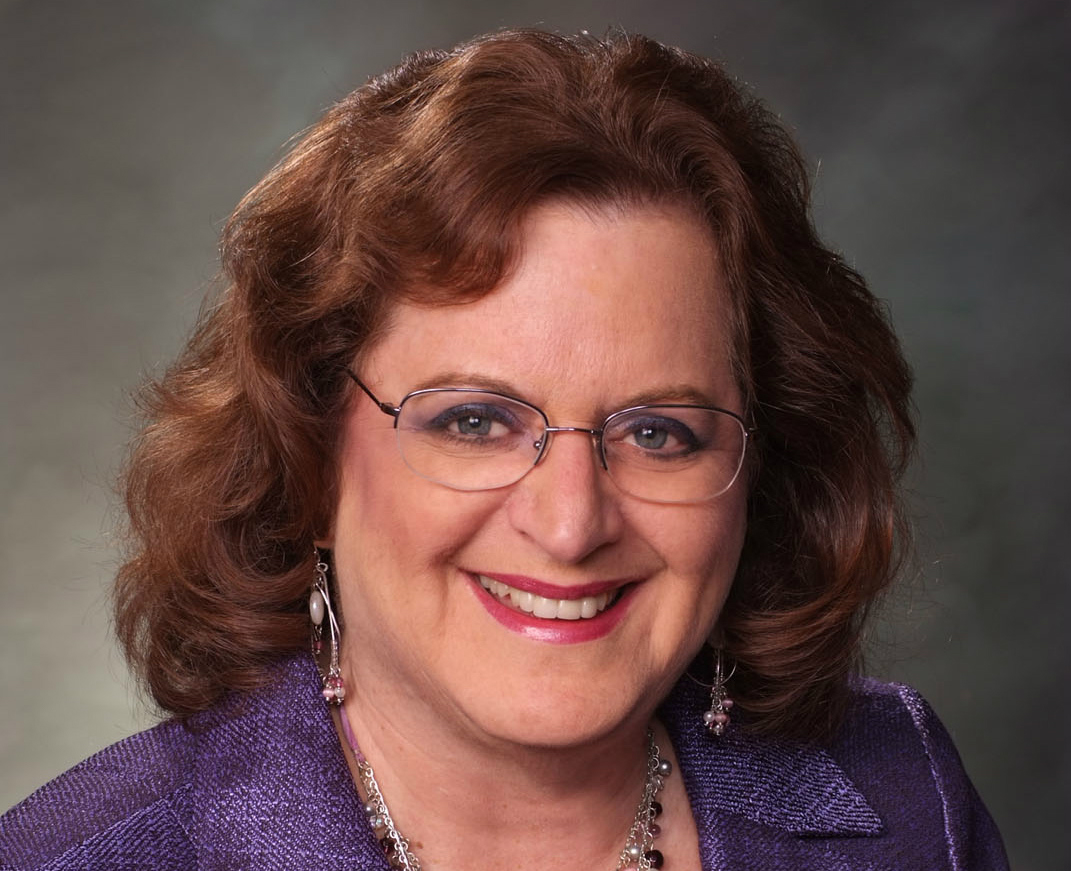
State Senator Evie Hudak resigns
Democratic Senator Evie Hudak becomes the third Colorado lawmaker to lose her seat this year, partly for supporting gun control legislation.

By Ben Markus

Colorado to spend millions researching medical marijuana benefits
There’s still precious little scientific data about the drug’s actual medicinal properties. State officials want to spend millions of dollars to change that.

By Ben Markus
